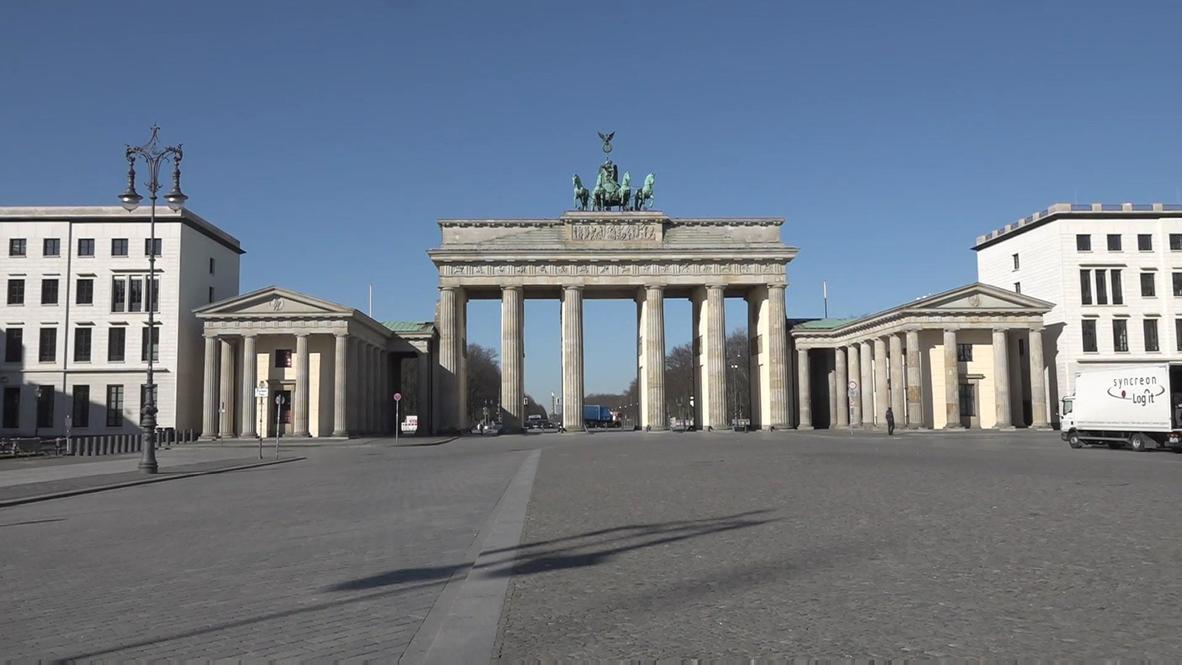Berlin: Germany’s state and federal governments agreed on Tuesday to extend and expand coronavirus lockdown rules in the country.
The German government said it is extending the country’s lockdown by three weeks until January 31, tightening curbs on social contacts and planning limits on people’s movements in the worst-affected regions.
Chancellor Angela Merkel said it was “absolutely necessary” to maintain restrictions, particularly in light of a more infectious variant of the virus that emerged in England.
“We must reach a point where we can once again follow the chains of infection,” Merkel said after a lengthy videoconference with Germany’s 16 state governors. “Otherwise, we will just go keep going back into a lockdown after a short relaxation.”
Under new regulations, residents of areas deemed coronavirus hotspots will be restricted from travelling more than 15 kilometres (9.3 miles) from their town without a valid reason. Day trips are specifically ruled out.
At the time of the announcement, about one in six German districts had incident rates over the hotspot threshold of 200 cases per 100,000 residents over seven days.
Additionally, contact at private meetings will be restricted to just one other person not living in the same household.
People arriving in Germany from high-risk areas will be required to submit two negative test results. A minimum five day quarantine period will be mandated, even if the first test is negative.
Authorities hope the lockdown will bring down the infection rate enough to restart effective contact tracing — the high number of infections has made contact tracing impossible. An acceptable infection rate for this would be 50 cases per 100,000 residents in a seven-day period.








